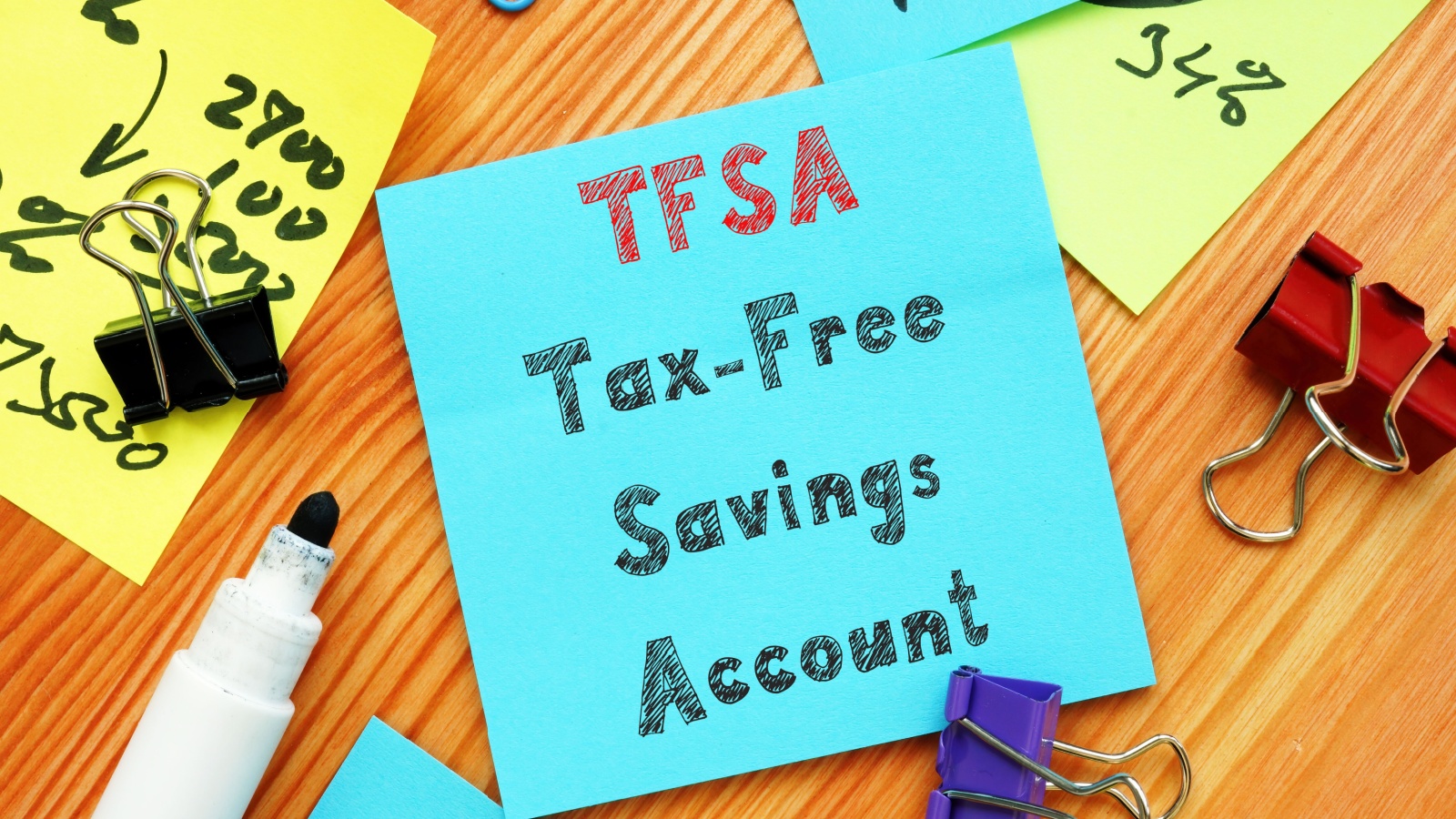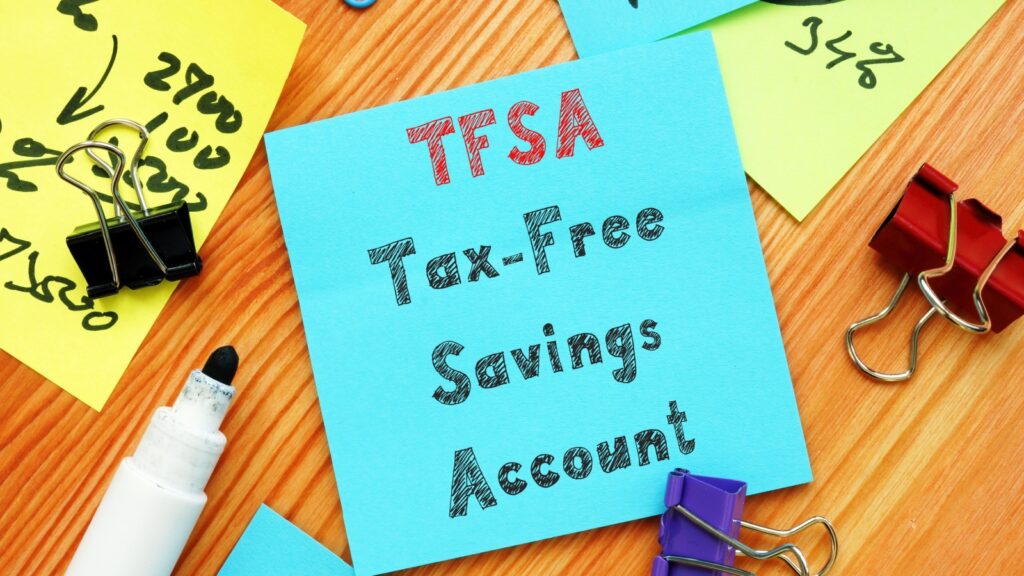While headlines often focus on economic struggles, Canadians have been finding clever, low-profile ways to protect and grow their money. From unique investment strategies to smart everyday habits, many are quietly building financial resilience in ways the rest of the world could learn from through thoughtful moves that pay off over time. Here are 25 ways Canadians are quietly winning the wealth game:
Leveraging Tax-Free Savings Accounts (TFSAs)

The TFSA might be Canada’s best-kept wealth-building secret. Unlike many investment accounts worldwide, any income or gains earned inside a TFSA remain completely tax-free, even when withdrawn. Savvy Canadians use their TFSA for more than just cash savings, like holding stocks, ETFs, and bonds to maximize growth, and with the contribution room increasing every year, this account allows even small, consistent investments to grow into substantial wealth over decades. By avoiding capital gains tax entirely, Canadians can keep more of what they earn, turning a modest strategy into a long-term financial win.
Exploiting the Power of RRSPs

Registered Retirement Savings Plans (RRSPs) remain one of the most powerful wealth tools in Canada. Contributions are tax-deductible, which reduces annual taxable income, and investments grow tax-deferred until withdrawal, ideally during retirement, when income and tax rates are lower. Many Canadians also use RRSPs strategically for the Home Buyers’ Plan or the Lifelong Learning Plan, giving them access to funds without penalties. By pairing RRSP contributions with smart investment choices, Canadians can maximize tax savings now while setting up a comfortable retirement later.
Buying in Stable Real Estate Markets

Unlike the volatility seen in some countries, many Canadian housing markets — especially in smaller cities — offer steady, long-term appreciation. Canadians who buy in these areas often benefit from gradual equity growth without the wild price swings that can wipe out gains. Owning a home in a stable market also acts as a hedge against rising rents, helping homeowners keep their monthly housing costs predictable. Over time, this slow-and-steady approach often outperforms riskier real estate speculation, providing wealth security that’s harder to shake.
Avoiding Excessive Consumer Debt

While personal debt remains an issue for some, many Canadians are cautious about high-interest borrowing. Those who keep credit card balances low or pay them off entirely each month avoid draining wealth on interest payments. Instead, they use rewards credit cards strategically, earning cashback or travel points without incurring extra costs. By steering clear of payday loans, rent-to-own schemes, and other high-fee borrowing, Canadians can protect their long-term financial health, keeping more of their money working for them instead of for lenders.
Investing in Dividend-Paying Stocks

Canadian investors love dividend stocks and for good reason. Many of the country’s largest companies, from banks to telecom providers, have a long history of paying and increasing dividends. These payouts provide steady income, which can be reinvested to accelerate growth or used as a reliable source of cash flow in retirement. Since Canadian dividends often receive favorable tax treatment, they can be more efficient than other forms of investment income. Over decades, reinvested dividends can significantly boost overall portfolio returns.
Taking Advantage of Employer Matching Programs

Canadians who work for companies offering RRSP or pension matching are tapping into one of the easiest ways to build wealth through free money. By contributing enough to receive the full employer match, workers instantly increase their savings without additional effort. This not only accelerates retirement fund growth but also compounds over time, often adding tens of thousands of dollars to long-term savings. Missing out on matching contributions is essentially leaving money on the table, so those who take advantage are quietly securing a financial edge.
Using RESPs for Kids’ Education

Registered Education Savings Plans (RESPs) offer one of the best government incentives for saving through the Canada Education Savings Grant, which adds 20% to annual contributions up to a set limit. This means parents contributing $2,500 a year get an extra $500 from the government, with earnings growing tax-deferred until withdrawal. By starting early, Canadian families can cover a significant portion of future tuition costs without debt, which sets children up for a strong start and also prevents parents from derailing their financial plans.
Benefiting from Universal Healthcare

While healthcare isn’t free in Canada, the publicly funded system shields households from the crushing medical bills that are common in other countries. This protection allows Canadians to save and invest money that would otherwise be spent on costly treatments or insurance premiums. The stability provided by universal healthcare also reduces the risk of medical-related bankruptcy, which is a major wealth destroyer elsewhere. By removing one of life’s most significant financial uncertainties, Canadians can focus on long-term goals instead of fearing that one health crisis could wipe them out.
Building Wealth Through Side Hustles

From freelance design to selling handmade products online, many Canadians are quietly growing their income through side hustles. These extra earnings are often saved or invested, accelerating wealth growth without relying solely on a primary job. Side hustles also provide financial security during economic downturns, acting as a backup income stream. With low-cost online platforms and social media marketing, it’s easier than ever for Canadians to turn hobbies into profitable ventures, adding steady cash flow that compounds over time.
Living Below Their Means

The most powerful wealth-building strategy is also the simplest: spending less than you earn. Many Canadians, especially in smaller cities and towns, keep housing, transportation, and lifestyle expenses well below their income level. This creates room for saving, investing, and weathering unexpected costs without resorting to debt. By resisting the pressure to upgrade constantly, whether it’s a bigger house or a flashier car, these Canadians quietly accumulate assets. In contrast, others stay stuck in the paycheck-to-paycheck cycle.
Taking Advantage of Government Rebates and Credits

From the Canada Child Benefit to energy-efficiency rebates, Canadians have access to a range of programs that directly put money back in their pockets. Savvy households track and claim every available credit, from tuition amounts to disability benefits, as these refunds and incentives can amount to thousands of dollars annually, which can be saved, invested, or used to pay down debt. While it may not be flashy, consistently claiming these benefits is a quiet but powerful way to boost long-term financial stability without working extra hours.
Leveraging Low-Cost Index Funds

Many Canadians are avoiding high-fee mutual funds and instead investing in low-cost index ETFs that track entire markets. With management expense ratios often under 0.1%, more of their money stays invested and compounding over time. This strategy requires minimal effort yet consistently outperforms most actively managed funds in the long run. By keeping costs low and staying invested through market ups and downs, Canadians using index funds are building wealth steadily, without needing to become full-time market analysts.
Participating in Cooperative Businesses

Credit unions, agricultural co-ops, and community-owned businesses aren’t just about values, but they can also be financially rewarding. Members often share in profits, access lower borrowing rates, and benefit from reduced fees compared to traditional banks or corporations. Over time, these savings and dividends add up. Many Canadians quietly benefit from being part of these cooperative structures, which keep money circulating locally while also providing members with tangible financial returns that strengthen long-term security.
Choosing Smaller Markets Over Big Cities

While Toronto and Vancouver make headlines for high costs, many Canadians are thriving financially by living in smaller, more affordable cities. Lower housing costs, cheaper insurance, and reduced commuting expenses free up significant monthly cash flow for savings and investments. This cost-of-living advantage compounds over the years, allowing residents to build wealth faster without sacrificing quality of life. In many cases, remote work makes this lifestyle shift even easier, letting people earn big-city wages while enjoying small-town expenses.
Investing in Skills Instead of Just Assets

Some Canadians are quietly building wealth not just through investments, but by upgrading their earning potential. Online courses, certifications, and skill-based training often deliver a far higher return than traditional investments in the short term. By learning in-demand skills, whether in tech, trades, or creative industries, they boost their income potential for years to come. This self-investment approach ensures financial growth isn’t entirely dependent on market performance, creating a more stable wealth-building path.
Buying Quality Over Quantity

While cheap purchases can feel like savings, Canadians who invest in higher-quality goods often come out ahead. A well-made winter coat, durable boots, or reliable appliances last longer, need fewer replacements. Over the decades, this buy-it-once approach prevents wasteful spending, reduces landfill contributions, and frees up money for more important goals. It’s a mindset shift from chasing deals to focusing on long-term value, offering a subtle but effective wealth-building habit that quietly protects financial resources.
House Hacking for Extra Income

Many Canadians are using their homes as income generators by renting out basements, garage suites, or spare bedrooms. Some even offset their mortgage entirely through short-term rentals or long-term tenants. This approach not only boosts monthly cash flow but also builds equity faster, accelerating wealth growth. By combining stable housing with income potential, house hackers turn their largest expense into a wealth-building asset, often years ahead of schedule compared to traditional homeowners.
Negotiating Better Rates on Bills

Whether it’s internet, insurance, or cell phone plans, many Canadians save thousands over the years simply by negotiating or switching providers. A few hours of research and phone calls can lead to significantly lower recurring costs without sacrificing quality. Those savings, when redirected into investments or debt repayment, have a powerful compounding effect. While it’s not glamorous, this quiet persistence in cutting unnecessary expenses is one of the easiest and most overlooked wealth-building habits.
Embracing Public Transit and Active Transportation

Owning a car in Canada can cost thousands annually in insurance, fuel, maintenance, and depreciation. Canadians who rely on public transit, cycling, or walking avoid these expenses entirely, freeing up large chunks of money for savings and investments. In cities with reliable transit systems, this choice can make a massive long-term financial difference, mainly when the saved money is used strategically. Over a lifetime, skipping car ownership can add up to hundreds of thousands of dollars in wealth.
Taking Seasonal or Contract Work for Extra Earnings

Seasonal industries in Canada, from tourism to construction, offer lucrative short-term work that can be stacked on top of regular income. Many Canadians use these opportunities to make quick cash boosts, often tax-advantaged through specific employment credits. Whether it’s guiding summer fishing trips or doing holiday retail shifts, this extra income is often funneled directly into savings or debt repayment, creating a meaningful wealth impact without requiring a year-round second job.
Keeping Emergency Funds Ready

Having cash on hand for emergencies might not seem like a wealth-building strategy, but it is one of the most important. Canadians with emergency funds avoid high-interest debt when unexpected expenses arise, and it also prevents a single crisis from setting back years of progress. A well-stocked emergency fund also allows them to take advantage of sudden investment opportunities or withstand job loss without panic-selling assets.
Taking Advantage of the Strong Banking System

Canada’s highly regulated banking sector offers a level of stability that protects everyday savers. While other countries experience frequent bank failures, Canadians benefit from robust deposit insurance and strong financial oversight. This means money kept in Canadian banks is safe, allowing households to focus on growing wealth without fearing sudden loss of savings. Combined with accessible credit and consistent interest rates, the banking system itself is a quiet but crucial foundation for long-term prosperity.
Using Loyalty and Cashback Programs Strategically

From grocery points to travel rewards, Canadians who maximize loyalty programs can save hundreds or even thousands annually. The key is using these programs for planned purchases, not spending extra just to earn points. When paired with cashback credit cards and bonus offers, these rewards effectively reduce living expenses, freeing up more cash for savings and investments. Over decades, the cumulative effect of free money from points and cashback can make a meaningful contribution to overall wealth.
Prioritizing Energy Efficiency at Home

From upgrading insulation to installing LED lighting, Canadians who improve home efficiency lower their utility bills year-round. These savings might seem small monthly, but over a decade, they can amount to thousands. Many upgrades also qualify for government rebates, making them even more cost-effective. Additionally, the reduced energy usage not only builds financial resilience but also increases property value, making it a win-win for both savings and long-term investment returns.
Staying Invested During Market Volatility

When markets dip, it’s tempting to sell, but Canadians who stay invested often come out ahead. History shows that markets recover, and those who remain calm during downturns usually see strong gains over time. By resisting the urge to time the market and sticking to their long-term strategy, these investors quietly build wealth while others panic. The discipline to stay the course is one of the most powerful and understated financial strengths Canadians can have.
21 Products Canadians Should Stockpile Before Tariffs Hit

If trade tensions escalate between Canada and the U.S., everyday essentials can suddenly disappear or skyrocket in price. Products like pantry basics and tech must-haves that depend on are deeply tied to cross-border supply chains and are likely to face various kinds of disruptions
21 Products Canadians Should Stockpile Before Tariffs Hit
